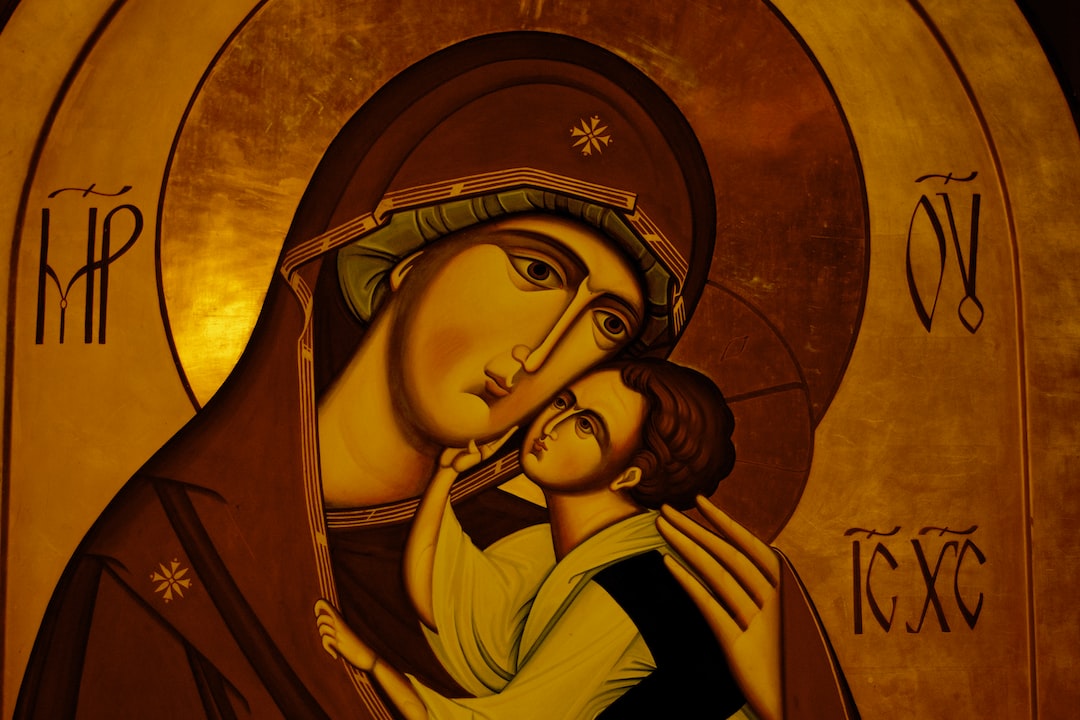The Role of Miracles in Different Religious Belief Systems
Miracles have always been a compelling and fascinating aspect of human religious experiences across different belief systems. These extraordinary events hold great significance to believers, often serving as a source of inspiration, faith, and validation of their respective religious convictions. While miracles are often seen as a divine intervention or intervention in the natural order of things, their interpretation and role vary significantly among different religious traditions.
In Christianity, miracles play a central role in affirming the divine power and authority of Jesus Christ. The New Testament discusses numerous miracles performed by Jesus, such as healing the sick, turning water into wine, and even resurrecting the dead. These miracles are believed to be acts of God, demonstrating Jesus’ divinity and reinforcing the teachings of his ministry. For Christians, miracles are not just signs of God’s power but also an encouragement to practice compassion, love, and forgiveness.
In Islam, miracles hold a different perspective. For Muslims, the greatest miracle is the Quran itself, believed to be the literal word of God revealed to the Prophet Muhammad through the angel Gabriel. The Quran is considered a miracle because of its linguistic beauty, ethical teachings, and scientific insights that were ahead of their time. Furthermore, Islam recognizes miracles performed by prophets such as Moses parting the Red Sea or Jesus healing the blind and the lepers. These miracles serve as proof of the authenticity of the prophets and the message they conveyed.
Hinduism, often associated with a vast array of gods and goddesses, views miracles through a different lens. Miracles in Hinduism are believed to be manifestations of the divine and serve as a form of communication between gods and humans. Some miracles are attributed to powerful deities like Lord Krishna, who performed extraordinary acts during his earthly existence. Miracles in Hinduism are considered acts of grace, reinforcing the faith of devotees and providing them with reassurance and divine blessings.
Buddhism, on the other hand, takes a different approach to miracles. In this religious tradition, miracles are seen as distractions that do not contribute to enlightenment or the path to liberation from suffering. Buddhism emphasizes personal effort, self-discipline, and the development of wisdom through meditation and ethical living. However, legends and stories of miraculous events, such as levitation and telepathy, can be found in some Buddhist scriptures. These stories serve more as metaphors or allegories to convey deeper spiritual teachings rather than being taken literally.
In Judaism, miracles also hold a significant role. The Hebrew Bible, known as the Tanakh, recounts miraculous events such as the parting of the Red Sea during the Exodus or the provision of manna in the wilderness. Miracles in Judaism serve as reminders of God’s covenant with the Jewish people and their liberation from slavery in Egypt. Jewish literature and tradition also consider the miraculous events associated with the lives of biblical figures like Moses, Elijah, and Ezekiel, further emphasizing the divine presence and intervention in the course of human history.
Overall, miracles have a varying significance and role in different religious belief systems. While they often serve to affirm the divine power and strengthen believers’ faith, the interpretation and understanding of miracles differ among different traditions. Nevertheless, they remain an essential aspect of human spirituality, providing hope, wonder, and a profound connection to the divine for millions of people worldwide.

